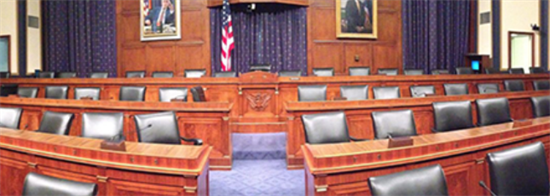Committee Conducts Oversight of Federal Reserve’s Role as Regulator
Washington,
November 4, 2015
The Financial Services Committee held a hearing today to conduct oversight of the Federal Reserve in its role as a prudential regulator under the Dodd-Frank Act. Federal Reserve Chair Janet Yellen was the witness.
The Dodd-Frank Act, signed into law by President Obama five years ago, greatly expanded the Federal Reserve’s regulation and supervision authority. In recognition of these added responsibilities, Dodd-Frank also created the new position of Vice Chairman for Supervision at the Federal Reserve, to be filled by a person appointed by the President and confirmed by the Senate, and required that person to testify twice a year before the Financial Services Committee and the Senate Banking Committee. To date, the position has not been filled. “As we know, Dodd-Frank rewarded the Federal Reserve with vast, new sweeping, regulatory powers despite its contributions to the last financial crisis. Under Dodd-Frank, the Fed can now functionally control virtually every major corner of the financial services sector of our economy, separate and apart from its traditional monetary policy authority,” said Chairman Jeb Hensarling (R-TX) “Simply put, the Fed must not be allowed to shield its vast regulatory activities from the American people and congressional oversight by improperly cloaking them behind its traditional monetary policy independence,” Hensarling added. Key Takeaways:
|


